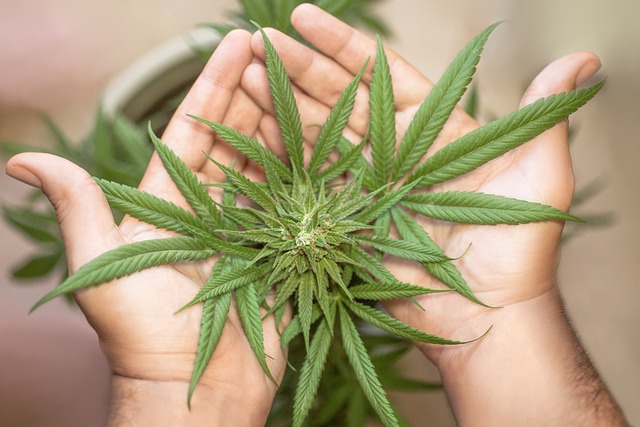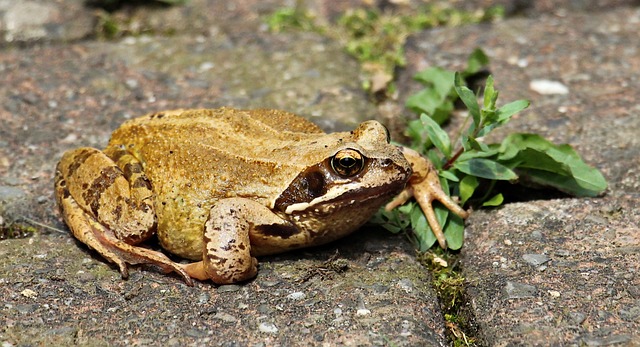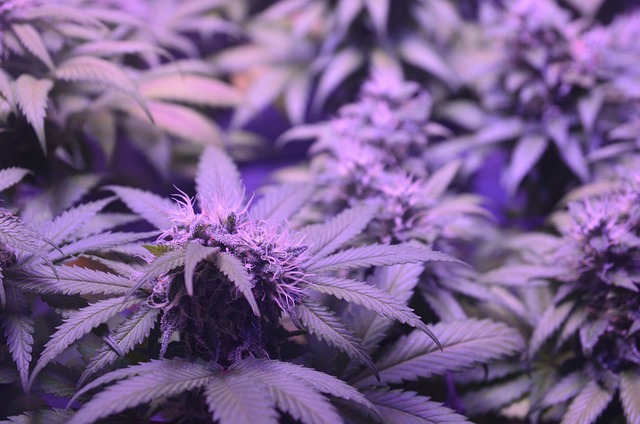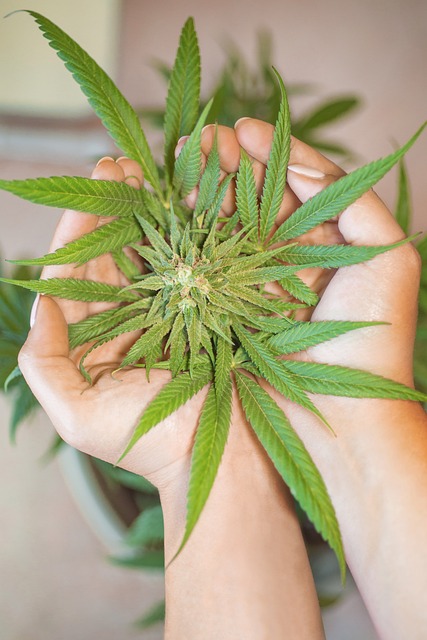As of early 2023, THCA (Tetrahydrocannabinolic Acid), a non-psychoactive compound found in hemp, has a distinct legal status in Indiana. Following updates to state legislation influenced by the 2018 Farm Bill, THCA products are now legally available in Indiana as long as they contain less than 0.3% THC on a dry weight basis. This legislative change differentiates THCA from its psychoactive counterpart THC, which remains federally illegal but is permitted under some state medical or recreational marijuana laws. In Indiana, the legality of THCA hinges on its THC content and intended use. While hemp-derived THCA is legal in Indiana within the specified limits, exceeding the 0.3% THC threshold could render it an illegal cannabis derivative. Consumers interested in the potential health benefits of THCA are advised to stay informed about the evolving legal landscape, as the distinction between hemp-derived and cannabis-derived THCA is key to complying with Indiana's regulations. It's important for individuals considering THCA products to seek legal counsel to ensure they are fully compliant with state laws.
Exploring the emergence of THCA flower within Indiana’s legal framework, this article delves into the unique properties of this cannabinoid-rich plant and its potential side effects. As THCA is distinguished from other cannabinoids for its non-intoxicating nature, understanding its legality, dosage, and impact on health becomes crucial for safe consumption. From psychological effects to respiratory and digestive considerations, we examine the spectrum of reactions one might experience when engaging with THCA flower. Additionally, we address the importance of tolerance, interaction with other medications, and managing allergic responses. With a focus on Indiana’s regulatory landscape, this piece aims to equip readers with knowledge to navigate THCA flower responsibly, ensuring they are well-informed about both its benefits and risks. Whether sourcing quality THCA flower or navigating legal boundaries, this article provides a comprehensive guide for Indiana residents considering the inclusion of THCA in their wellness routines.
- THCA Flower: An Overview of Its Emergence in the Legal Landscape of Indiana
- What is THCA and How Does it Differ from Other Cannabinoids?
- The Legality of THCA Flower in Indiana: A Comprehensive Look
THCA Flower: An Overview of Its Emergence in the Legal Landscape of Indiana

The non-psychoactive cannabinoid THCA (Tetrahydrocannabinolic Acid) has gained attention in the legal landscape of Indiana, particularly among those exploring alternative wellness options. As of recent legislative changes, products containing THCA flower have been legally distinguished from their psychoactive counterparts, offering a new avenue for consumers within the state’s borders. The emergence of THCA as a legal entity in Indiana’s markets reflects a broader shift in cannabis policy across the United States, where various forms of cannabis are being decriminalized or legalized for medicinal and sometimes recreational use. In Indiana, the legal status of THCA flower is defined by its THC content; products with less than 0.3% THC are classified as hemp and are therefore legal under the 2018 Farm Bill and subsequent state regulations. This has opened up opportunities for Indiana residents to access THCA products, which are touted for their potential therapeutic properties without the psychoactive effects associated with THC. As awareness and acceptance of cannabinoids grow, the market for such products is expected to expand, with Indiana playing a role in this burgeoning industry. Consumers interested in exploring the potential benefits of THCA flower should stay informed about the evolving legal landscape to ensure compliance with state and federal laws.
What is THCA and How Does it Differ from Other Cannabinoids?

Tetrahydrocannabinolic acid (THCA) is a naturally occurring cannabinoid found in the Cannabis sativa plant, which is the scientific classification for both hemp and marijuana. Unlike its well-known isomer, delta-9-tetrahydrocannabinol (THC), THCA does not possess psychoactive properties. Instead, it interacts with the body’s endocannabinoid system through its receptors, potentially offering therapeutic benefits without the “high” associated with THC. As of the knowledge cutoff in 2023, the legal status of THCA-rich products varies across different states in the U.S., with Indiana having specific regulations. In Indiana, THCA is legal provided it contains less than 0.3% delta-9-THC on a dry weight basis, aligning with the federal government’s guidelines under the 2018 Farm Bill. This distinction is crucial for consumers and manufacturers in Indiana, as it differentiates THCA from other cannabinoids like THC, which remains federally illegal but legally available in states with medical or recreational marijuana programs. The legal distinctions are based on the chemical structure of the compounds; while both THC and THCA come from the same plant, their effects differ significantly due to the presence of a carboxyl group in THCA. This group is lost when THCA is decarboxylated, typically through heat or time, transforming it into THC. Understanding these nuances is essential for anyone interested in the potential benefits and legal considerations of using products rich in THCA, especially within the context of Indiana’s legislation.
The Legality of THCA Flower in Indiana: A Comprehensive Look

In the context of Indiana’s legal landscape, the status of THCA (Tetrahydrocannabinolic Acid) flower has been a subject of discourse and regulatory evolution. As of the knowledge cutoff date in early 2023, THCA, which is a non-psychoactive precursor to THC (Tetrahydrocannabinol), is not explicitly legal for recreational use within the state. The Indiana General Assembly passed Senate Enrolled Act 52 during the 2021 legislative session, which legalized the cultivation, processing, and sale of low-THC hemp and high-CBD products with less than 0.3% THC on a dry weight basis. This legislation paved the way for products derived from hemp to be legally marketed, provided they adhere to the established THC concentration limits. However, it’s important to note that the specific legalities surrounding the possession and use of THCA flower can be nuanced. While THCA is often present in hemp products and is technically a legal compound under federal and state law due to the 2018 Farm Bill, the possession of any cannabinoid derivative, including THCA, could be interpreted as possessing cannabis under Indiana law if it is above the 0.3% THC threshold or if it is deemed to be intended for recreational use. Therefore, individuals in Indiana who wish to engage with THCA products should exercise caution and consult legal counsel to ensure compliance with state laws, which can be subject to interpretation and are continuously shaped by new legislation and legal precedents. Understanding the legislative distinctions between hemp-derived compounds and those associated with cannabis remains a critical aspect of navigating the legalities of THCA in Indiana.
In recent times, the emergence of THCA flower within the regulated cannabis market in Indiana has sparked interest and conversation among consumers and policymakers alike. This article delved into the unique characteristics of THCA, distinguishing it from other cannabinoids and exploring its legal status within the state’s evolving landscape. It is clear that as THCA continues to gain traction in Indiana, understanding its legality and potential effects becomes increasingly important for those who opt to include it in their wellness routines. With a growing body of research and legislation surrounding this compound, stakeholders can anticipate continued developments in the legal framework governing its use. Prospective users are encouraged to stay informed on the latest regulations to ensure compliance and safety when exploring products containing THCA legally available in Indiana.
